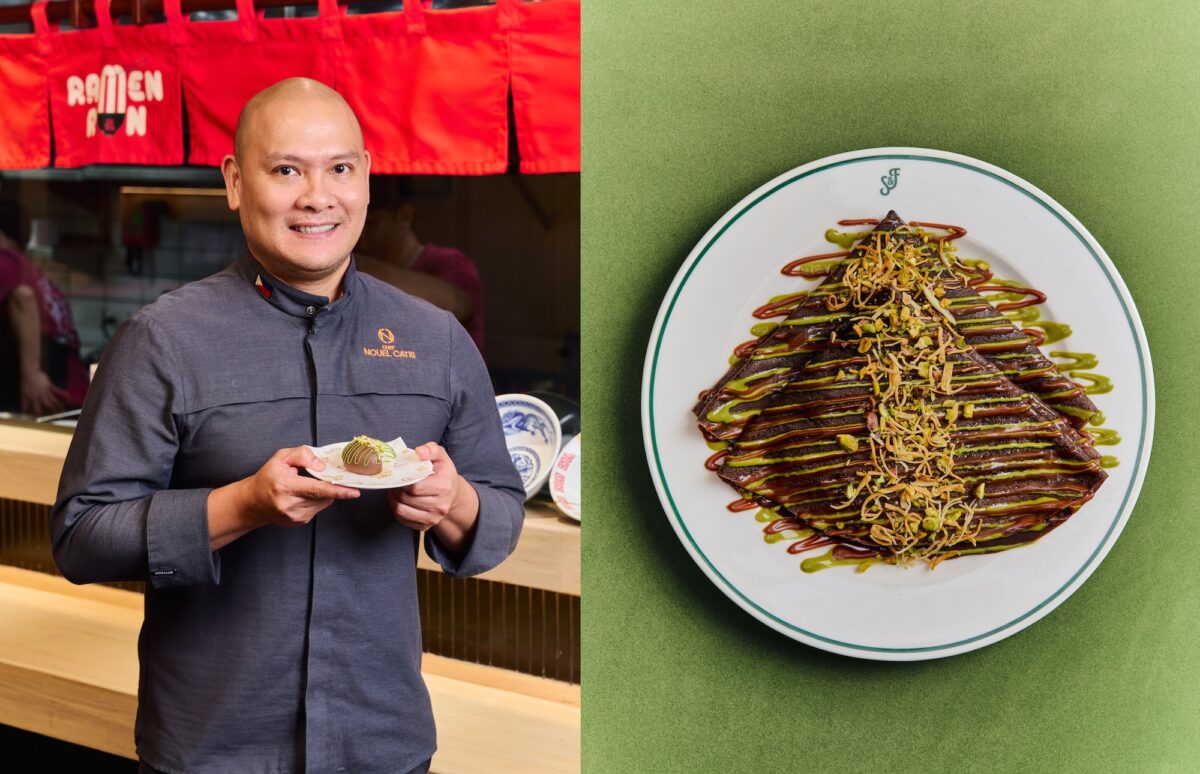Can you guess what your cousin’s girlfriend did over the weekend? Or which beautiful hotel your former high school classmate stayed in during his vacation with his family over the summer break?
Chances are, you probably can.
It’s really not surprising anymore to know random pieces of information like this, given social media and people’s tendency to document everything while keeping abreast of the latest with everyone else.
But why do we burden ourselves with knowing these things about people we hardly know? Is it really a sincere curiosity that we have for people we truly care about, or is it something else?
Recently, I overheard a casual conversation among friends, and could feel the intense FOMO.
It is defined as “anxiety that an exciting or interesting event may be happening elsewhere, often aroused by posts seen on social media.”
FOMO stands for “fear of missing out” and is actually a real word, having been formally added to the Oxford English Dictionary in 2013. It is defined as “anxiety that an exciting or interesting event may be happening elsewhere, often aroused by posts seen on social media.”
FOMO strikes all ages
While the word is associated with the vocabulary of the young, it can strike people of any age—from teenagers who see the weekend’s events they were not invited to to parents who feel a twinge of envy seeing the exciting night their colleagues might be having while they stay home to tutor a child.
Though the word is used much more lightly than other issues that may cause mental disturbance, it is nonetheless gaining ground as an issue to be concerned about.
This is due to the increasing number of cases where FOMO has led people to feel “extreme dissatisfaction” with their own lives, which in turn leads to negative effects on their mental health such as “mood swings, loneliness, feelings of inferiority, reduced self-esteem, extreme social anxiety and increased levels of negativity and depression.”
Loved, accepted
It is easy to speculate that FOMO also stems from the age-old human desire to be loved and accepted.
One of the main triggers of FOMO is social media, where one is bombarded by everyone else’s highly curated feeds. Unfortunately, people who are more prone to FOMO are also more prone to becoming addicted to being in the loop on the latest news (so as not to miss out).
It is easy to speculate that FOMO also stems from the age-old human desire to be loved and accepted.
This can lead to a vicious cycle where the addiction to keeping up leads to continuous thumbing through feeds, leading to feelings of negativity.
Fortunately, FOMO has an antithesis—JOMO or the “joy of missing out.” I’m not sure if it is already in the dictionary, but if you ask me, it should. JOMO is the intentional act of being content with the choices we make—most often, one that involves disengaging from the virtual world and being content and satisfied where one is.
JOMO encourages us to embrace the disconnection and instead focus on who we are with at that moment.
FOMO triggers
The first thing to consider is what really triggers your FOMO. Is it simply wanting to be where everyone else is, or perhaps there is something inside that needs to be addressed, such as an unfulfilled dream waiting for you to act on it?
Once you have ruled out or acted upon unfulfilled dreams and passions, consider using social media more moderately. Sometimes, it is just an automatic reflex that comes when we are bored. Making a list of things you need to do when you have free time may help combat the urge to check your social media apps.
When we do something that we have thought about and judged to be worthy of our time, we appreciate where we are and are less likely to feel that there is something better out there.
Consider the opportunity cost, based on your values and priorities. Think about what you are giving up when you choose to do something to help you make the right decision on where to spend your time and effort. When we do something that we have thought about and judged to be worthy of our time, we appreciate where we are and are less likely to feel that there is something better out there.
In the same line, if you have decided that something is not worth your time, don’t be afraid to say no out of fear of offending the person inviting. Consequently, if you do have to be somewhere out of duty or necessity, find the joy in your situation and focus on your purpose and the value of what you are doing.
When we practice the intentional cultivation of moments of joy, we learn to find contentment where we are at that precise moment. We are able to give the correct appreciation of and attention to the people we are with; though we must distinguish between fleeting pleasure, which leaves us wanting more, and joy, which leads to lasting feelings of contentment from meaningful or spiritual experiences.













































